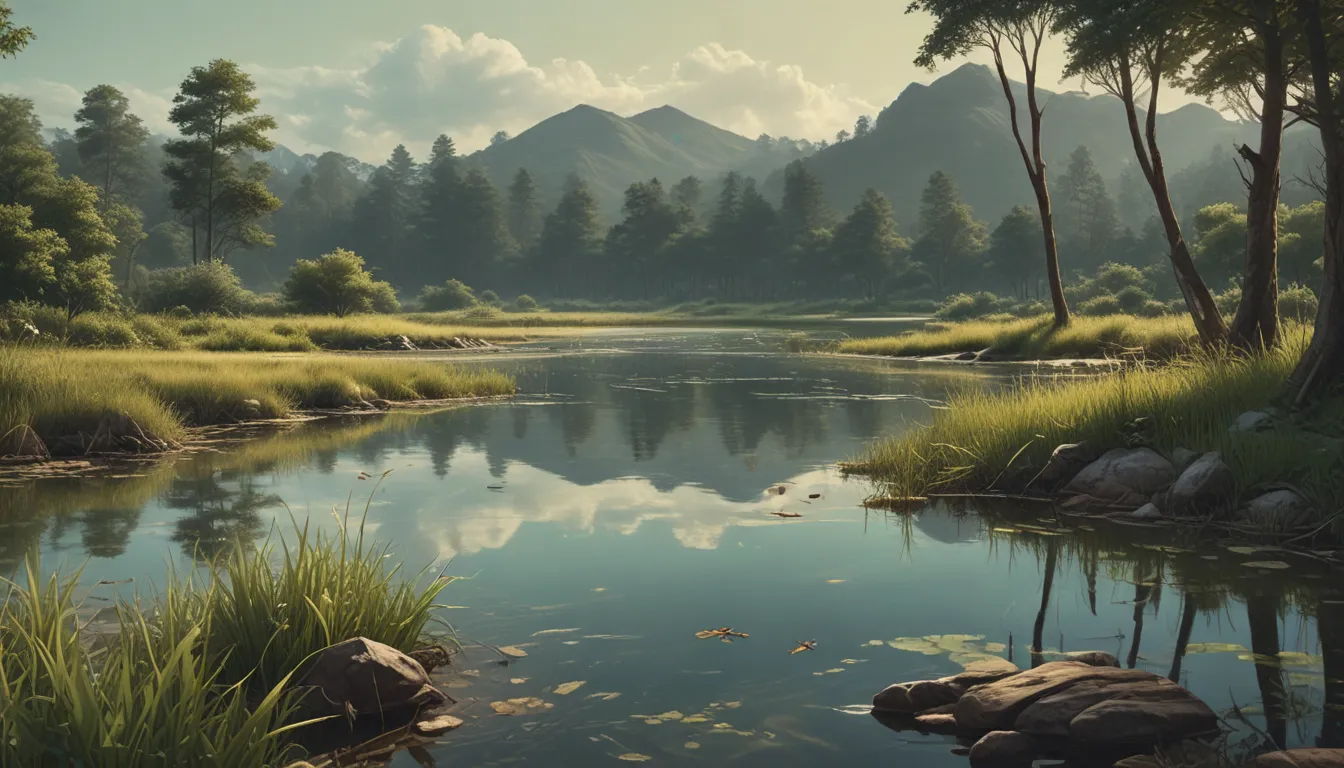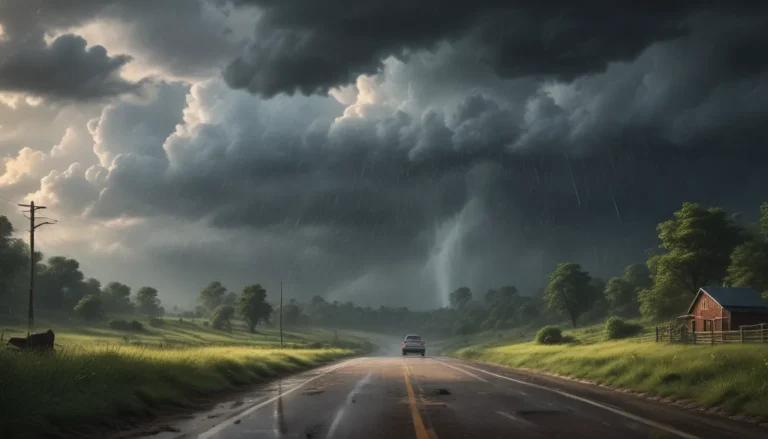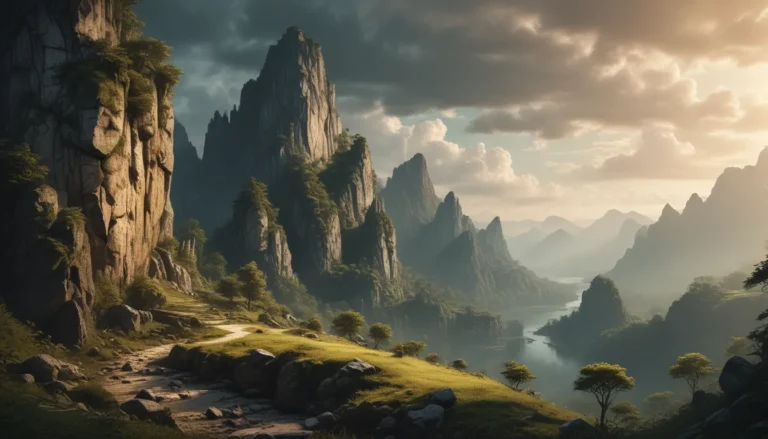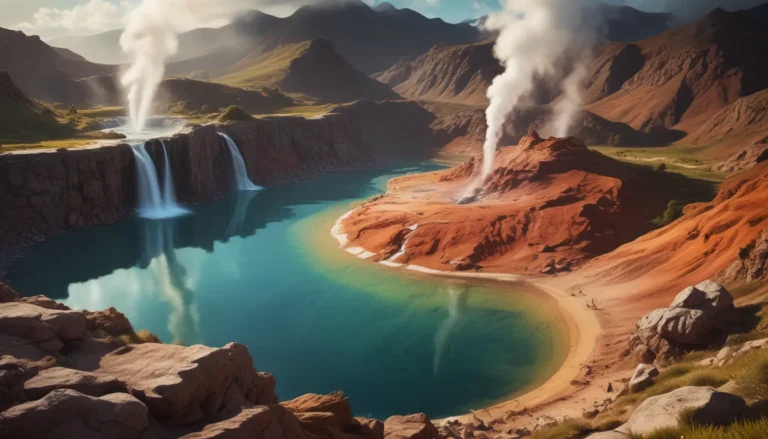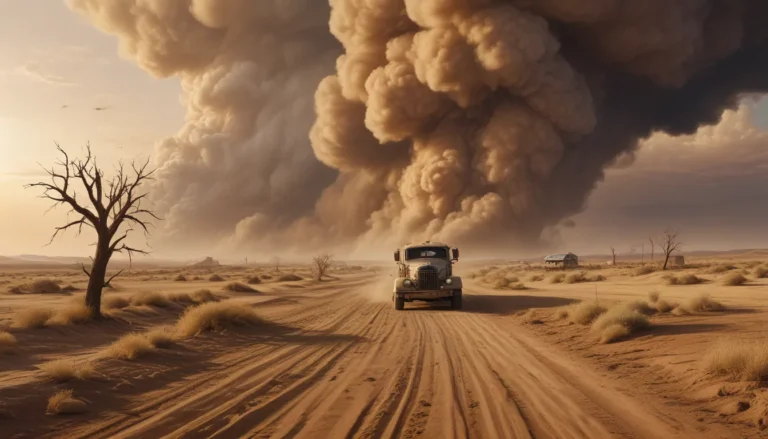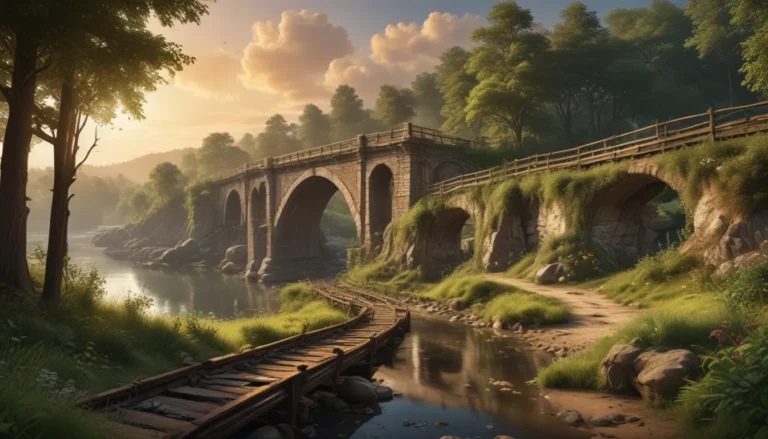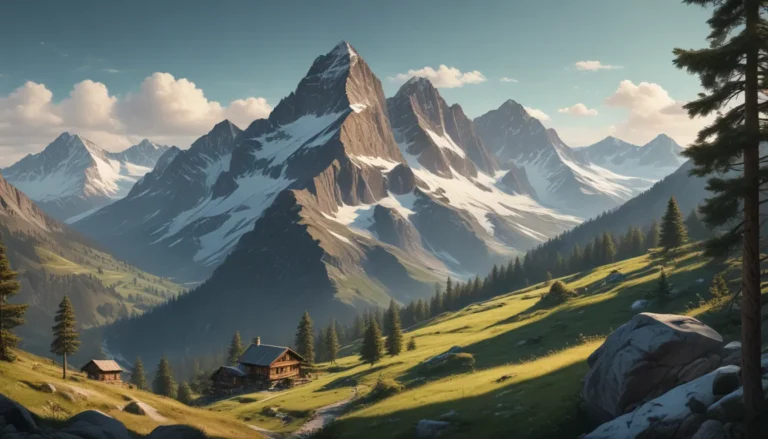A Note About Images: The images used in our articles are for illustration purposes only and may not exactly match the content. They are meant to engage readers, but the text should be relied upon for accurate information.
Wetlands are often underestimated ecosystems that play a vital role in our environment. These unique habitats not only house a variety of plant and animal species but also offer numerous benefits to humanity. From filtering water to preventing floods, wetlands are essential for maintaining the health and balance of our planet.
In recent years, the significance of wetland conservation has gained global attention. Governments, organizations, and individuals are joining forces to protect and restore these delicate environments. While most of us understand the basics of wetlands, there are some surprising facts that may deepen your appreciation for these extraordinary ecosystems. In this article, we will explore thirteen intriguing facts about wetland conservation that will enhance your understanding and value of these incredible habitats.
Key Takeaways:
- Wetlands are essential for wildlife, water regulation, and climate control. Conserving wetlands protects species, prevents floods, and fights climate change, benefiting both nature and people.
- Collaboration is key to wetland conservation. By working together, we can protect and sustainably manage these vital ecosystems, ensuring a healthier and more resilient future for all.
Wetlands: The Ecological Gems
Wetlands serve as crucial ecosystems for biodiversity, supporting a wide range of plant and animal species. These habitats are bustling with life, from amphibians and birds to mammals and fish. By conserving wetlands, we can protect these species and maintain a healthy and balanced environment for all.
The Water Regulators
A key function of wetlands is their ability to store and release water, acting as natural sponges. They absorb excess water during heavy rainfall and gradually release it during dry spells. This regulation helps prevent floods and droughts while ensuring a steady water supply for surrounding areas.
Climate Heroes
Wetlands, especially peatlands, play a critical role in climate regulation by storing large amounts of carbon dioxide. Acting as carbon sinks, they absorb and store carbon from the atmosphere, making wetland conservation essential in the fight against global warming.
Purity in Nature
Wetlands act as natural filters, removing pollutants and sediments from water. By trapping and breaking down harmful substances, they improve water quality and ensure cleaner and healthier water for both humans and aquatic life.
Economic Value of Wetlands
Wetlands offer a plethora of economic benefits, including fisheries, tourism, and water purification. These habitats support local communities and contribute to various industries, underscoring the importance of wetland conservation from a socio-economic standpoint.
Guardians Against Floods
Wetlands act as natural buffers against floods, absorbing excess water and lessening the impact of heavy rainfall. They safeguard nearby areas from flood damage and provide a natural defense mechanism against extreme weather events.
A Global Concern
Wetlands worldwide are under threat from habitat destruction, pollution, and climate change. The loss of these crucial ecosystems poses severe consequences for biodiversity, water resources, and climate regulation.
Home to Rarity
Many endangered species depend on wetland habitats for survival. Protecting wetlands is imperative for safeguarding these threatened species and preserving biodiversity.
Restoration Efforts Worldwide
Recognizing the importance of wetlands, restoration projects are taking place across the globe. These initiatives aim to restore degraded wetlands and promote conservation efforts on a global scale.
Harmony with Sustainability
By conserving wetlands, we contribute to sustainable development goals, such as ecosystem protection, poverty alleviation, and climate action. Wetland conservation plays a pivotal role in achieving a more sustainable and resilient future for all.
Education and Recreation Hub
Wetlands offer unique educational and recreational opportunities, allowing people to learn about these ecosystems and enjoy outdoor activities. Serving as living classrooms and natural playgrounds, wetlands foster a deeper appreciation for the environment.
The Power of Collaboration
Effective wetland conservation requires collaboration and partnership among governments, organizations, communities, and individuals. By working together, we can ensure the preservation and sustainable management of these precious ecosystems.
Global Protection
The Ramsar Convention on Wetlands is an international treaty dedicated to the conservation and sustainable use of wetlands. Adopted by numerous countries worldwide, this convention underscores the global commitment to wetland preservation.
In Conclusion
Wetland conservation is pivotal for the well-being of our planet. These unique ecosystems play a crucial role in maintaining biodiversity, combating climate change, and offering valuable ecosystem services. The intriguing facts about wetland conservation emphasize the significance of these habitats and the ongoing efforts to protect and restore them.
From the diverse wetland types to successful restoration projects, wetland conservation continues to inspire awe and admiration. Through international collaboration and sustainable practices, we can secure the preservation of these vital ecosystems for future generations.
FAQs
- Why are wetlands important for conservation?
-
Wetlands are crucial for conserving biodiversity, acting as natural water filters, improving water quality, and providing flood control.
-
How do wetlands help mitigate climate change?
-
Wetlands store large amounts of carbon dioxide, reducing greenhouse gas emissions. They also capture and store excess water to prevent flooding and curb the impact of extreme weather events.
-
What are some successful wetland restoration projects?
-
Examples include the restoration of the Everglades in Florida, the rehabilitation of the Danube Delta in Europe, and the reintroduction of beavers to wetland areas in North America.
-
How can individuals contribute to wetland conservation?
-
Individuals can support local conservation organizations, participate in restoration activities, reduce their carbon footprint, and advocate for policies prioritizing wetland protection.
-
Are there economic benefits associated with wetland conservation?
-
Yes, wetlands provide numerous economic benefits such as tourism opportunities, recreational activities, and natural habitats for commercially important species.
-
Can wetland conservation be integrated with urban development?
- Absolutely! Wetlands can be incorporated into urban planning by creating green spaces, constructing artificial wetlands, and implementing sustainable drainage systems.
Engaging Fact-Filled Content
Our commitment to delivering trustworthy and engaging content is at the core of what we do. Each fact shared on our site is contributed by real users, offering a wealth of diverse insights and information. Our dedicated editors review each submission meticulously to ensure the highest standards of accuracy and reliability. Trust in our dedication to quality and authenticity as you explore and learn with us.
